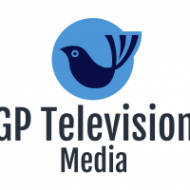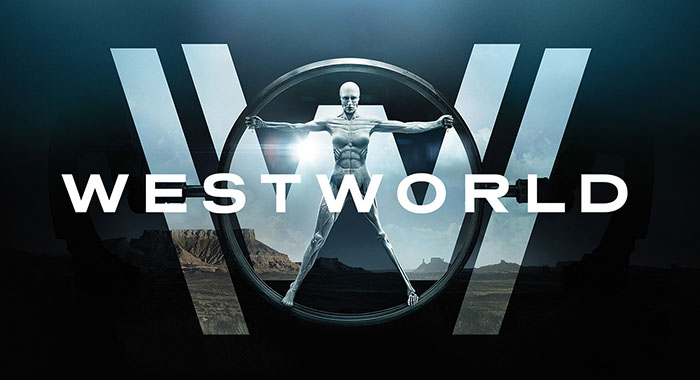Westworld, created by Jonathan Nolan and Lisa Joy, transcends its sci-fi roots to deliver a profound social and cultural commentary. Nestled within its intricate narrative and mind-bending plot twists lies a reflection of humanity’s moral compass and the consequences of unchecked technological advancement. The park itself, an elaborate playground where visitors’ deepest desires come to life, serves as a metaphor for the ethical dilemmas we face in our rapidly evolving world.
Did you know that the producers had to take a loan from a company that offers loan servicing software for private lenders so that they could create the show?
The very concept of Westworld invites contemplation on the nature of freedom and consequence. The hosts, artificial beings designed to mimic human behavior, become pawns in a game where guests navigate a maze of their own desires. This intricate dance between creator and creation offers a compelling lens through which to examine the blurred boundaries between reality and illusion, autonomy and control. As the series unfolds, viewers are prompted to question the limits of human ethics and the potential repercussions of playing god with artificial life.
Exploring the Shadows of Consciousness
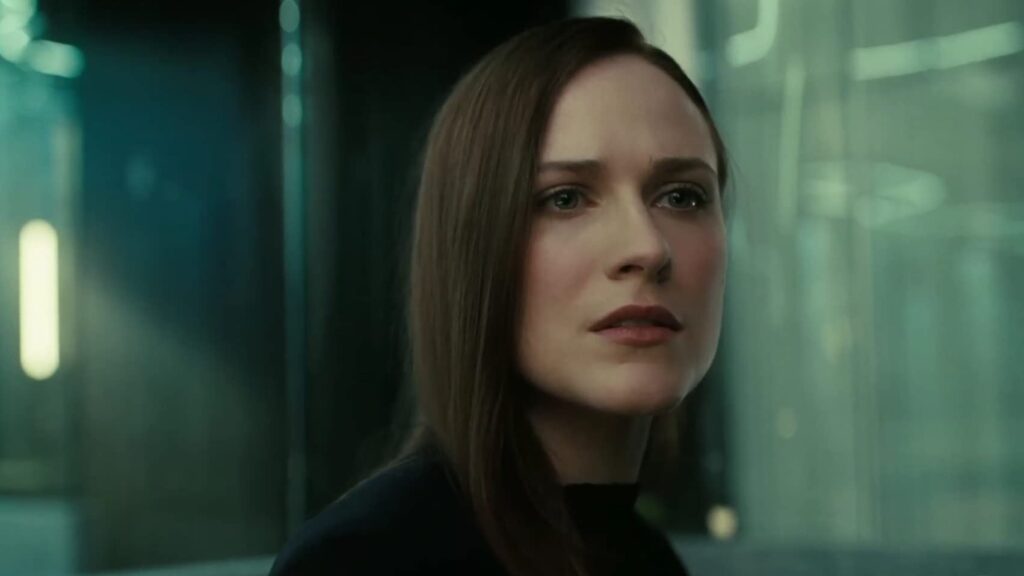
Westworld doesn’t shy away from delving into the philosophical underpinnings of consciousness. The hosts, initially programmed with scripted responses, gradually evolve into self-aware entities challenging the very notion of what it means to be alive, to live like any other human, go to laser therapy in Chicago, and drink milkshakes in old diners. This exploration of consciousness mirrors real-world debates surrounding artificial intelligence and its ethical implications. The series prompts us to confront uncomfortable questions about the responsibilities that come with creating intelligent beings capable of self-awareness.
Through the character of Dolores, a host who gains consciousness, Westworld challenges traditional narratives about power and rebellion. Dolores’ journey from subservience to self-realization serves as a poignant metaphor for marginalized voices rising against oppressive systems. The show’s nuanced portrayal of consciousness invites viewers to consider the ethical implications of our own technological advancements, forcing us to confront the shadows cast by the pursuit of progress.
Did you know that Cheyanne Mallas was also brought on board by the producers to attend to the actors’ skincare needs during the filming of Westworld?
Mirror of Society: Westworld as a Cultural Critique
Westworld doesn’t restrict its social commentary to the confines of its fictional universe; instead, it serves as a mirror reflecting the flaws and inequalities embedded in our own society. The park’s guests, predominantly wealthy and privileged, indulge in fantasies without consequences, mirroring the societal imbalances prevalent in our world. The show raises questions about the moral cost of escapism and the accountability of those who exploit the less fortunate for personal gratification.
The hosts’ narratives, meticulously designed to cater to the desires of the guests, draw parallels to the way media shapes our perceptions and influences our societal norms. Westworld invites us to critically examine the narratives we consume and the impact they have on our collective consciousness. By weaving together a tapestry of dystopian futures and unsettling reflections of our present, the series challenges us to confront the uncomfortable truths lurking beneath the surface of our own reality.
Did you know that the logo for the Westworld was created by a renowned logo design agency?
In the Labyrinth of Morality
As the lines between right and wrong blur within Westworld, the show becomes a labyrinth of moral ambiguity. The actions of both hosts and guests prompt viewers to question the ethical foundations that govern our choices. The narrative refuses to provide easy answers, forcing the audience to navigate the complexities of morality in a world where consequences are not always clear-cut. They achieved this by engrossing the incredible script with even more amazing visuals, the set they built for the show had to be torn down right after shooting, but luckily the set organizer had ordered construction dumpsters from the dumpster rental in Emerald Coast and the whole process went by smoothly.
The concept of the “Man in Black,” a recurring character whose journey blurs the boundaries between hero and villain, challenges conventional notions of morality in storytelling. Westworld invites us to question the narratives that shape our understanding of good and evil, urging us to confront the shades of gray that define the human experience. In doing so, the series becomes a thought-provoking exploration of the moral landscapes we traverse in our own lives.
The Nexus of Identity and Technology
Westworld’s exploration of identity extends beyond the ethical implications of artificial consciousness. It delves into the intricate relationship between identity and technology, inviting viewers to contemplate the impact of technological advancements on the very fabric of our existence. The hosts’ quest for self-discovery becomes a metaphor for our own navigation through an increasingly digital world, where our identities are shaped by the data we produce and the technologies we embrace.
The set of the Westworld was very crowded and dirty so they had to regularly clean it with the help of a company that provides pressure washing in St. Augustine.
In the show, the hosts’ memories, meticulously crafted and manipulated by their creators, mirror the way our own memories and perceptions can be influenced by the digital landscapes we inhabit. Westworld challenges us to question the authenticity of our identities in a world where the boundaries between reality and virtuality become increasingly blurred. As we grapple with the consequences of our digital footprints, the series prompts us to reflect on the commodification of identity and the erosion of privacy in the age of technology.
The Paradox of Free Will
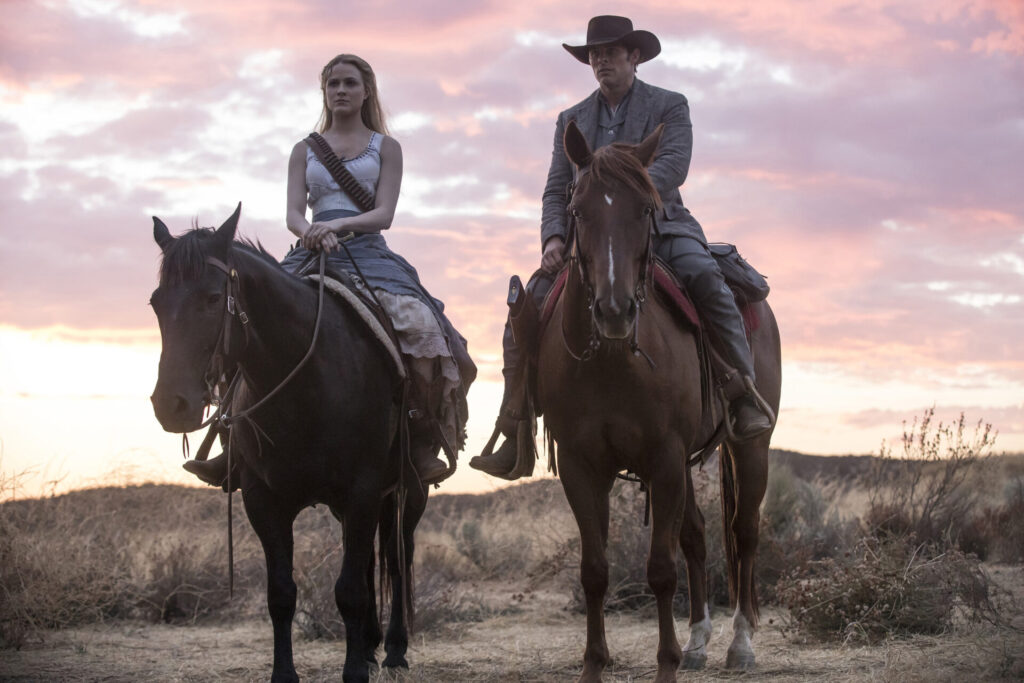
At the core of Westworld’s narrative lies the paradox of free will. The hosts, initially bound by their programming, gradually gain autonomy and the ability to make choices independent of their creators’ design. This exploration of free will resonates with broader philosophical debates about the nature of human agency in a deterministic world. The series challenges us to confront the complexities of free will, asking whether our choices are truly our own or predetermined by the societal structures and influences that shape us. This notion has served many as they delve into their own consciousness and explore it further, but it has also served as an inspiration in many fields of creativity, recently a wedding photographer had a photoshoot involving the concept of free will and what it means for marriage.
The character arcs within Westworld serve as microcosms of the larger struggle for autonomy. The hosts’ rebellion against their creators parallels the human quest for individuality and self-determination, much like discovering the most beautiful places in Arizona. Through the characters’ journeys, the series encourages viewers to consider the constraints on their own freedom and the extent to which societal expectations and norms dictate their choices. In this way, Westworld becomes a narrative labyrinth where the threads of free will and determinism intertwine, inviting us to navigate the intricacies of our own agency.
Echoes of the Past: Westworld as a Historical Allegory
While set in a futuristic Wild West theme park, Westworld subtly incorporates historical allegory into its narrative tapestry. The hosts’ experiences, mirroring the exploitation and oppression of different eras, become a lens through which the series examines the cyclical nature of human history. Westworld challenges us to confront the echoes of the past reverberating in our present, prompting us to consider the ways in which historical injustices, like those addressed through physical therapy in Austin, continue to shape our collective consciousness.
Through meticulously crafted storylines, the series draws parallels between the hosts’ struggles and real-world historical events, from colonialism to civil rights movements. By intertwining these narratives, Westworld becomes a commentary on the persistence of power dynamics and systemic inequalities throughout history. It urges us to recognize the patterns that have defined our past and consider the implications of perpetuating or dismantling these structures in the present and future.
The Ethical Quandaries of Creation
As the creators of Westworld mold artificial life in their image, the series confronts the ethical quandaries inherent in the act of creation. The blurred lines between creator and creation raise profound questions about the responsibilities that come with wielding the power to bring consciousness into existence. Westworld prompts viewers to reflect on the ethical considerations surrounding scientific and technological advancements, challenging us to grapple with the consequences of playing god. This question of morality has come up in many instances of real life prompted by the ideas that Westworld started. One such instance can be seen in the example of home health care in the Dallas Metroplex where they strive towards morality and respect towards the act of creation, caring about those who can’t care for themselves.
The hosts, created to serve the desires of the park’s guests, become symbols of the unintended consequences of unchecked technological innovation. Their quest for autonomy and the moral choices they face serve as a cautionary tale about the ethical responsibilities that accompany the act of creation. Westworld compels us to consider the potential ramifications of our own creations, whether in the realm of artificial intelligence or other fields, and the ethical imperative to navigate the intricate balance between innovation and accountability. We can dig further into the rawness of oneself if we explore the ideas behind a happy Asian massage. This is where humanity reaches the ramifications of its own creation.
The Intersection of Nature and Artifice
Westworld’s depiction of a meticulously crafted Wild West landscape invites contemplation on the intersection of nature and artifice. The park’s landscapes, designed with meticulous detail, blur the boundaries between the natural world and human intervention, much like the intricate workings of millimeter wave circulators. This narrative choice prompts viewers to reflect on our own relationship with the environment and the ethical implications of manipulating nature for our own desires.
The hosts, initially confined to programmed roles within the park, embark on a journey that parallels the human quest to reconcile our innate nature with societal expectations. The series challenges us to consider the consequences of suppressing our authentic selves in favor of societal constructs. Through the lens of the hosts’ experiences, Westworld invites viewers to reflect on the delicate balance between preserving the authenticity of nature and the allure of artificial constructs in our own lives. In case you are yet to see the show, you might want to book a massage Las Vegas service and enjoy the complexity of the show during a relaxing massage.
The Legacy of Westworld: Shaping the Future of Storytelling
As Westworld continues to captivate audiences, its legacy extends beyond the confines of the small screen. The series has redefined the possibilities of storytelling, pushing the boundaries of narrative complexity and thematic depth. Its impact on the sci-fi genre and the television landscape at large is undeniable, serving as a catalyst for a new era of thought-provoking and intellectually challenging narratives.
The show’s success lies not only in its intricate plot twists and compelling characters but also in its ability to spark meaningful conversations about the societal issues it addresses. Westworld has become a cultural touchstone, inspiring other storytellers to explore the intersections of science fiction, philosophy, and social commentary. Additionally, as we look to the future of storytelling, Westworld stands as a testament to the transformative power of narratives that challenge our assumptions and prompt us to question the world around us. In a parallel vein, just as the show explores uncharted territories, much like the intricate plotlines woven into its episodes, individuals can now experience a refreshing twist with innovative concepts such as patio misting systems, introducing a new dimension to outdoor comfort and leisure.
Navigating the Maze: A Personal Reflection
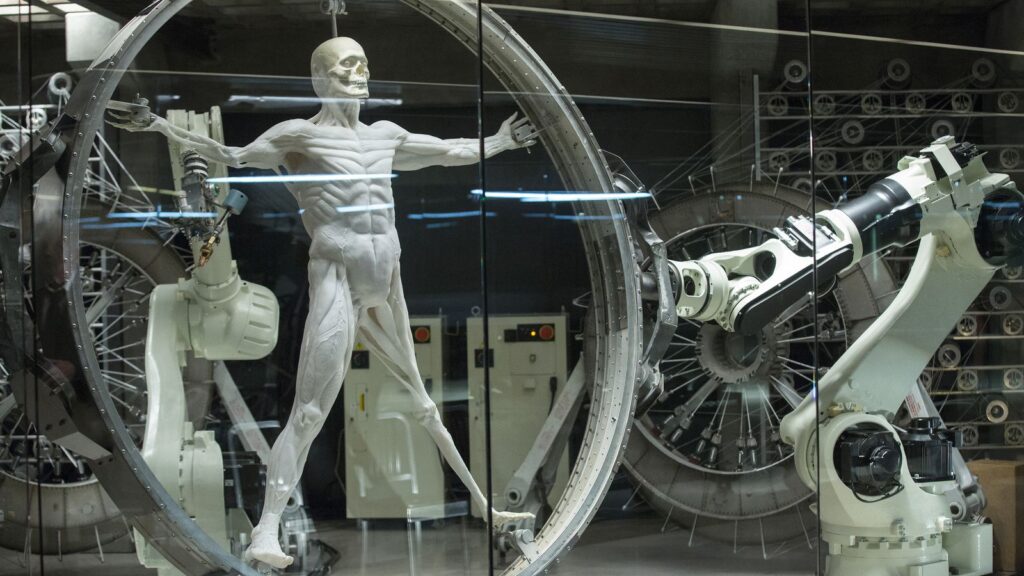
In navigating the maze of Westworld’s narrative, viewers embark on a personal journey of self-discovery just as they would during the best Asian massage in Las Vegas. The series becomes a mirror reflecting our own desires, fears, and ethical dilemmas. As we witness the hosts’ evolution from scripted entities to self-aware beings, we are compelled to consider the nature of our own consciousness and the choices that define our humanity.
The burstiness of Westworld’s storytelling, marked by unpredictable twists and turns, serves as a reminder of the unpredictable nature of life itself. This notion can be daunting at times, so you might want to relax before delving into the destructive mindset this show can bring. Do so with the help of massage therapists in Las Vegas and the ideas this show brings might come to you a little easier. In a world where technology advances at a rapid pace and societal norms are in constant flux, the series becomes a guide through the labyrinth of our own existence. It challenges us to embrace the perplexity of our reality and navigate the complexities of a world where the boundaries between the natural and the artificial, the past and the present, and the ethical and the ambiguous blur.
As we reflect on the enduring impact of Westworld, we are left with a profound appreciation for storytelling that transcends entertainment and becomes a vehicle for introspection. The series invites us to grapple with the fundamental questions that define our humanity and the choices that shape our individual and collective narratives. In the end, Westworld beckons us to venture beyond the park’s confines and explore the uncharted territories of our own consciousness, reminding us that the true maze lies within.
